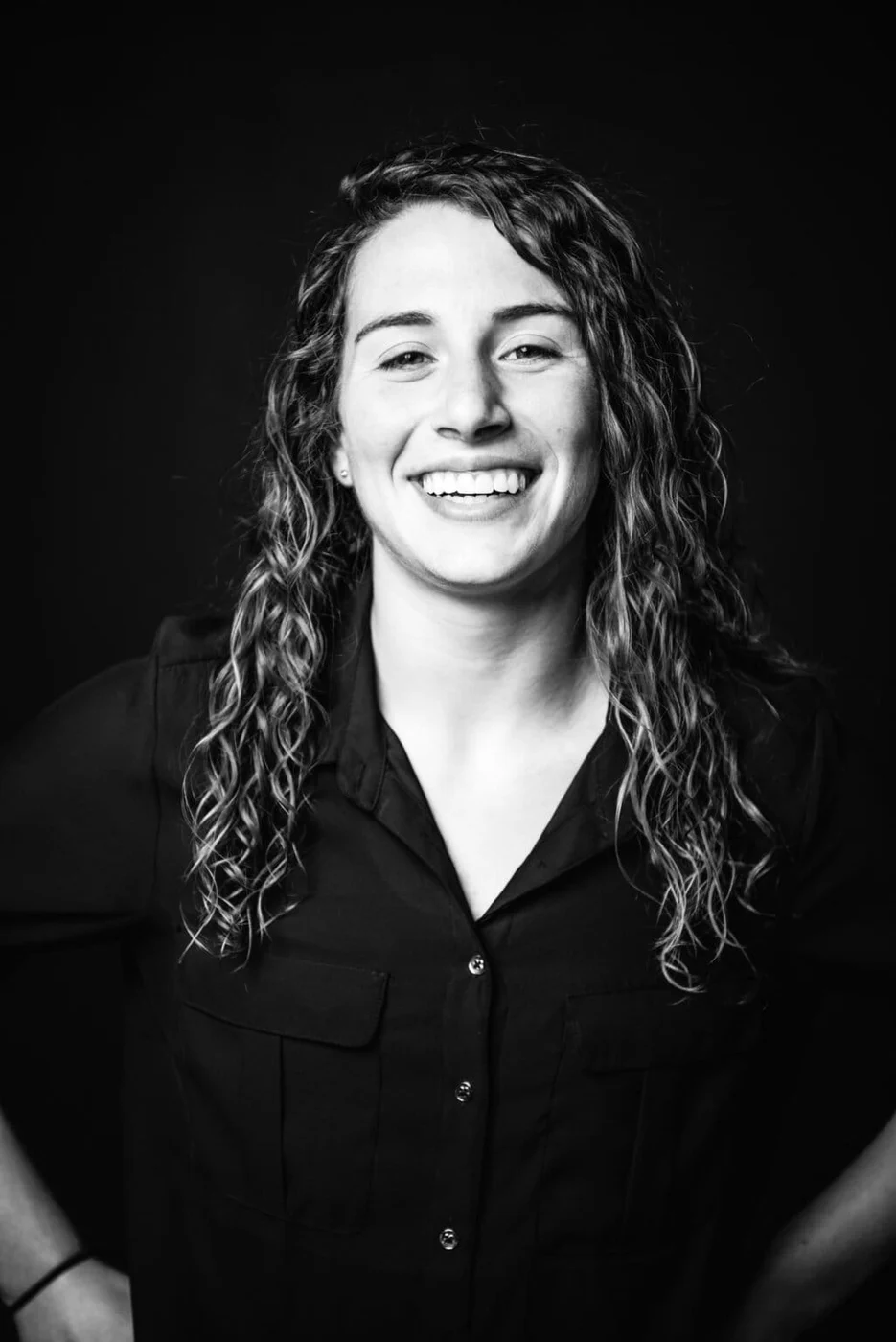
.svg)
The U.S. Department of State (DOS) announced Saturday that all nonimmigrant visa (NIV) applicants must schedule their visa interview appointments at a U.S. embassy or consulate in either their country of nationality or residence.
Previously, applicants had flexibility to schedule interviews in third countries with shorter wait times, which sometimes made scheduling easier or faster. The updated policy reduces that flexibility and standardizes where nonimmigrant visa interviews may take place.
The change comes on the heels of a similar DOS announcement last week regarding immigrant visa interview locations and is part of the Trump administration’s larger effort to restrict the U.S. visa process.
{{newsletter-component}}
Key Policy Details
- The policy applies to nearly all NIV applicants — whether applying for the first time, renewing, or changing status — affecting NIV categories like temporary work visas (H, L), students visas (F, M, J), and tourism visas (B-1/B-2).
- It does not apply to A, G, C-2, C-3, NATO, and diplomatic/official-type visas, as well as visas covered under the UN Headquarters Agreement.
- Nationals of countries where the U.S. does not conduct routine nonimmigrant visa operations must apply at designated embassies or consulates (see the table below).
- Applicants scheduling interviews outside their country of residence or nationality may face greater difficulty qualifying for a visa.
- Application fees will not be refunded or transferred if the interview takes place outside the required location.
- Existing nonimmigrant visa appointments will generally not be changed or canceled under the new rules.
- Rare humanitarian, medical, or foreign policy exceptions may be granted at the DOS’s discretion.
Nonimmigrant Visa Designated Processing Posts
What This Means for NIV Applicants
For travelers seeking U.S. visas — whether for work, study, or tourism — the new rules limit the ability to choose interview locations outside of one’s home country.
In the past, some applicants applied in third countries to secure faster appointments or to avoid consular closures. Under the updated policy, applicants must now attend their appointment in their country of residence or nationality, which could mean longer wait times for appointments and higher costs associated with traveling to designated posts, especially for applicants from countries without routine NIV operations.
“One silver lining of the COVID-era disruption in worldwide travel was that the Department of State relaxed its long-standing policy that visa applicants must apply in their country of citizenship or residence,” said Erik Finch, director of global operations at Boundless and former USCIS officer. “In an increasingly globalized and connected world, requiring individuals to travel halfway across the world for a simple visa renewal was antiquated and counterproductive to U.S. labor force requirements, leaving aside that the policy was incredibly restrictive for foreign business and leisure travelers in general.”
Finch added, “For applicants already dealing with complex immigration policies and requirements, this change only makes it harder for them to pursue education, secure work, or see their families in the U.S.”
What NIV Applicants Can Do Now
Your next steps depend on where you are in the visa application process.
For current applicants:
If you have a pending NIV case, confirm the designated visa processing location(s) for your country. Existing appointments will generally be maintained.
Those seeking to transfer their case from their country of nationality to their country of residence should be prepared to provide additional documentation proving their residence.
For future applicants:
Plan ahead by considering potential processing times and appointment backlogs at your designated processing location. In addition, budget for potential travel costs if your country lacks routine NIV operations.
It’s a good idea to check your embassy or consulate’s websites regularly for updated procedures and operating status.
Bottom Line
This new DOS policy represents a major shift in how U.S. visa interviews are handled, reducing options for where applicants can schedule appointments and likely increasing wait times and costs for both individuals and employers.
As U.S. visa rules continue to change with increased government oversight, it’s important for both applicants and employers to stay updated through local embassies, consulates, and official government websites while planning ahead to prevent delays in travel and business needs. Boundless will continue to track these changes.
Consider working with an experienced immigration attorney to navigate exceptions or complex situations.
{{cta-component-center-aligned}}
.png)
.png)
.png)









.svg)
.avif)